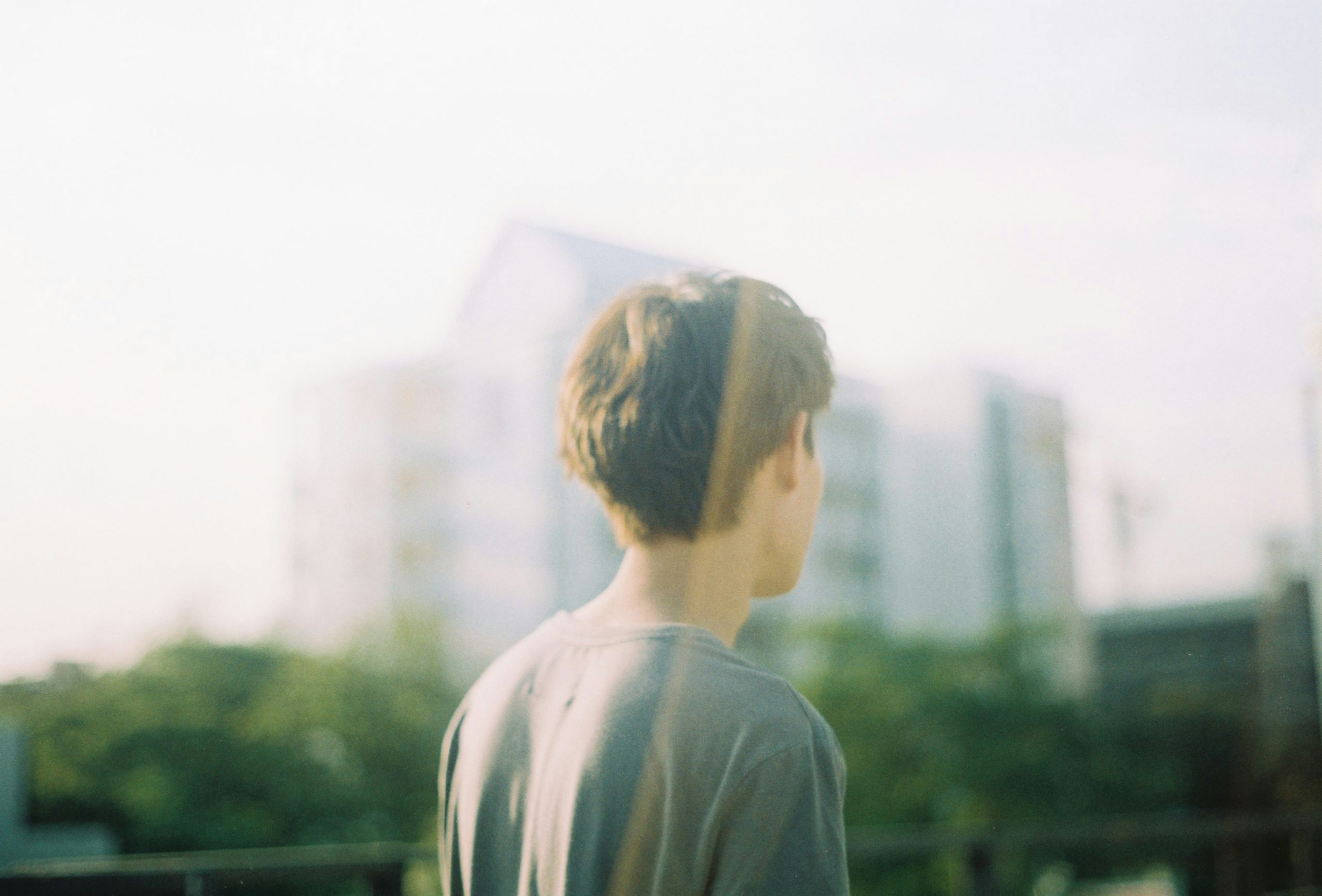A new study by Year13 and Scape, Australia’s largest owner and operator of purpose-built student accommodation, has found that more than half of Gen Zs aged 18-24 are taking steps to improve their mental health, which is more than any generation before.
Unfortunately, it’s not all good news though, because while more young people are seeking support, they are also experiencing higher rates of anxiety, depression, body dysmorphia, ADHD than past generations.
The study was set up to compare the mental wellbeing of students living in Scape accommodation compared to the general population. More than 2,000 young Australians and 1,000 Scape residents took part in the study which focused on their mental health, exercise, sleep and diet patterns.
What are the other major findings?
In short, while young people are seeking out support, there’s still plenty to be done to improve the well-being of Gen Zs.
- About two thirds of young Australians say they don’t spend enough time outdoors (67%), that they don’t eat enough healthy food (64%), and that they are not physically active enough (61%).
- About half of young people say they don’t connect enough with friends (49%) or family (46%).
- More than half of young Australians say figuring out their future (56%), fatigue/energy levels (56%), the rising cost of living (53%) and burnout (51%) are negatively impacting their wellbeing.
- Two fifths of young Australians say they are suffering from low self-esteem (43%), poor body image (41%), and social anxiety (40%).
- More than half of young people say violence against women (53%) is an issue of concern for them, making it the third biggest issue Gen Zs are worried about after cost of living (77%) and housing/rental affordability (63%), and above climate change (49%).
How do Scape residents compare?
One of the most interesting aspects of the study was the comparison between Scape residents and the rest of the respondents.
For example, Scape students reported being better connected, citing excellent social health (17% compared to the national average of 13%), a sense of inclusion and belonging (77% compared to 69%) and feeling significantly better in their overall wellbeing, with less feeling anxious (35% compared to 56%), depressed (17% compared to 35%), lonely (25% compared to 35%) or a sense of social anxiety (24% compared to 40%).
Why the big gap?
Why are Scape students reporting to have better wellbeing practices than the national average? It probably has something to do with the new wellbeing programs they’ve put in place, including their safeTALK peer suicide prevention workshops, Velocity Empowerment physical, emotional and mental relationship self-defense workshops and their dedicated safety and wellbeing app, Sonder.
If you want to learn more about Scape and the student accommodation that’s available, you can take a look here or learn more about life at Scape residences here.






